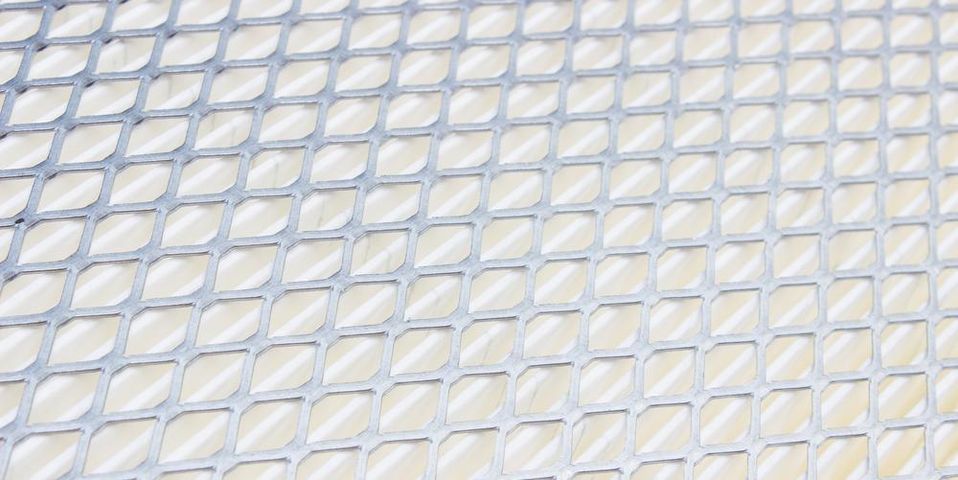Claxton's Best Furnace Repair Contractor Explains Air Filters

Furnace filters serve an important role, helping maintain indoor air quality while contributing to the health and longevity of the furnace equipment. And because changing the filter is one of the few furnace repair tasks most people can accomplish without the aid of a heating contractor, it pays to understand some facts about how furnace filters work.
Ogeechee Heating & Air, based in Claxton, is one of eastern Georgia’s leading HVAC companies, providing furnace repair and other HVAC services to clients throughout Evans County. Below, the respected heating contractor explains how furnace filters work and how they relate to furnace repair.
Furnace Repair Experts Explain the Basics of Furnace Air Filters
The Role of a Furnace Air Filter
Contrary to some homeowners’ expectations, the primary role of the furnace’s air filter is not to improve indoor air quality. Rather, the furnace filter is primarily responsible for protecting the furnace intake itself from particulate matter that can interfere with efficient combustion.
Types of Furnace Air Filters
There is a surprising range of different materials from which a furnace air filter can be made, and each has its own characteristics. You may need to consult your owner’s manual or with a heating contractor to find out which filters are compatible with your HVAC system. Some of the materials from which a furnace filter can be made include:
 Disposable Fiberglass: Typically held in a cardboard frame, these filters capture only larger particles and are almost completely ineffective at filtering sub-micron particles from the air.
Disposable Fiberglass: Typically held in a cardboard frame, these filters capture only larger particles and are almost completely ineffective at filtering sub-micron particles from the air.- Reusable Plastic or Metal: These are slightly more efficient at capturing particles and can be washed monthly for up to five years.
- Pleated Filters: Pleated filters can come in standard sizes or in high-efficiency, deep-pleated models that require a special enclosure in your HVAC system but provide more effective filtering.
- Electronic Filters: These expensive filters require both special enclosures and electric power to operate, but can capture upwards of 90% of sub-micron particles from the air.
How Often Should You Change Your Filter?
How often you change your filter should depend on which type of filter you’ve installed. Washable filters, for instance, should be washed monthly, but can be reused for years. Ask your heating contractor for advice on how often you should carry out this task to avoid breakdowns and furnace repairs in the future.
If you need furnace repair or inspection in eastern Georgia, contact the region’s most trusted HVAC company, Ogeechee Heating & Air. Visit them online to find out more or call (912) 764-8173 today to schedule a visit!
About the Business
(36 reviews)
Have a question? Ask the experts!
Send your question

